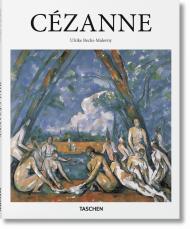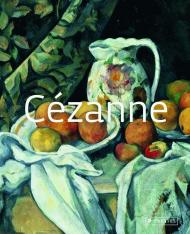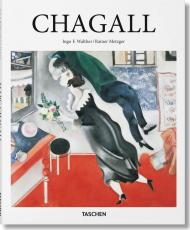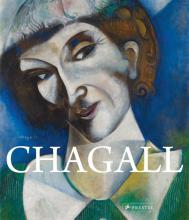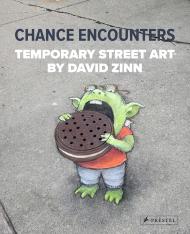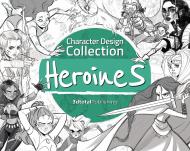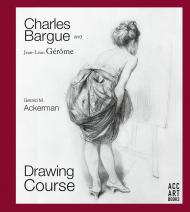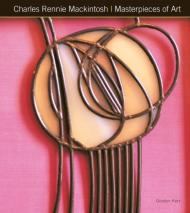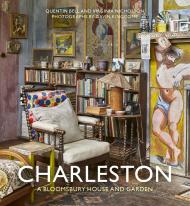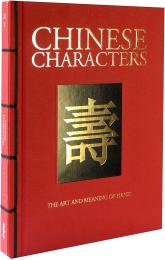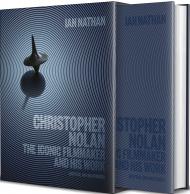Temporary Projects, Eternal Impressions. The XXL exploration, now in a condensed handbook
The works of Christo and Jeanne-Claude are monuments of transience. Gigantic in scale, they are always temporary, created to exist only for a limited time and to leave unique, unrepeatable impressions. “From the smallest of the Packages made in Paris in the early 1960s, to the delicate pattern of hundreds of branches embraced by a translucent fabric veil... in Christo and Jeanne-Claude’s works there is nothing abstract, nothing imagined; it is all there—corporeal and tangible.” (Lorenza Giovanelli)
Part biography, part critical analysis, part catalogue, this updated edition brings back TASCHEN’s best-selling Collector’s Edition. It spans Christo and Jeanne-Claude’s entire work, from early drawings and family photos to plans for future projects. Hundreds of photographs and original works trace the couple’s projects from the past 10 years, including The Floating Piers and The London Mastaba, as well as works in progress such as The Mastaba, Project for the United Arab Emirates and L’Arc de Triomphe Wrapped, Paris.
Together with the comprehensive photographic documentation by Wolfgang Volz this book is a celebration of the work of two artists whose imagination has affected the landscape of every continent.
The artists
Christo and Jeanne-Claude began their collaboration in 1961, and lived in New York City since 1964. Jeanne-Claude died in 2009; Christo died in 2020. Their large-scale projects include Wrapped Coast, Australia, 1968–69; Valley Curtain, Rifle, Colorado, 1970–72; Running Fence, Sonoma and Marin Counties, California, 1972–76; Surrounded Islands, Biscayne Bay, Florida, 1980–83; The Pont Neuf Wrapped, Paris, 1975–85; The Umbrellas, Japan–USA, 1984–91; Wrapped Reichstag, Berlin, 1971–95; Wrapped Trees, Riehen, Switzerland, 1997–98; The Gates, Central Park, New York City, 1979–2005; The Floating Piers, Lake Iseo, Italy, 2014–16 and The London Mastaba, Serpentine Lake, Hyde Park, 2016–18. Christo and Jeanne-Claude's temporary work of art L'Arc de Triomphe, Wrapped, Project for Paris is scheduled for September 18–October 3, 2021.
The photographer
Wolfgang Volz has worked with Christo and Jeanne-Claude as the exclusive photographer of their works since 1971. He was also project director (with Roland Specker) for Wrapped Reichstag, Berlin, 1971–95 and (with Josy Kraft) for Wrapped Trees, Riehen, Switzerland, 1997–98, and was in charge of The Wall – 13,000 Oil Barrels, Gasometer Oberhausen, Germany, 1998–99 and Big Air Package, Gasometer Oberhausen, Germany, 2010–13. His close collaboration has resulted in many books and more than 300 exhibitions in museums and galleries around the world.
About the series:
TASCHEN is 40! Since we started our work as cultural archaeologists in 1980, TASCHEN has become synonymous with accessible publishing, helping bookworms around the world curate their own library of art, anthropology, and aphrodisia at an unbeatable price. Today we celebrate 40 years of incredible books by staying true to our company credo. The 40 series presents new editions of some of the stars of our program — now more compact, friendly in price, and still realized with the same commitment to impeccable production.
